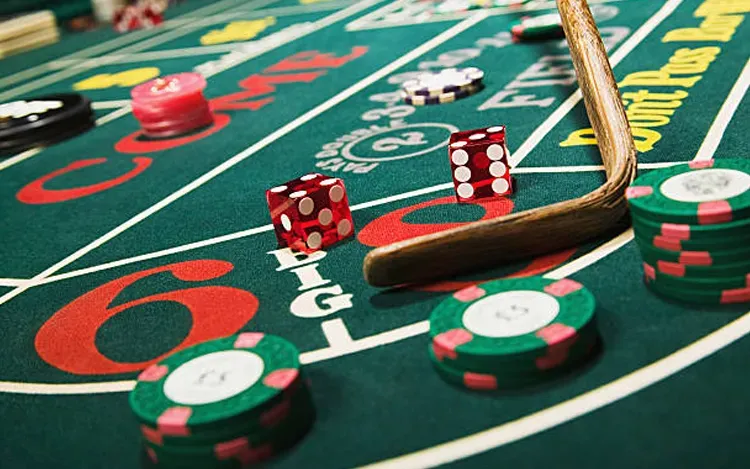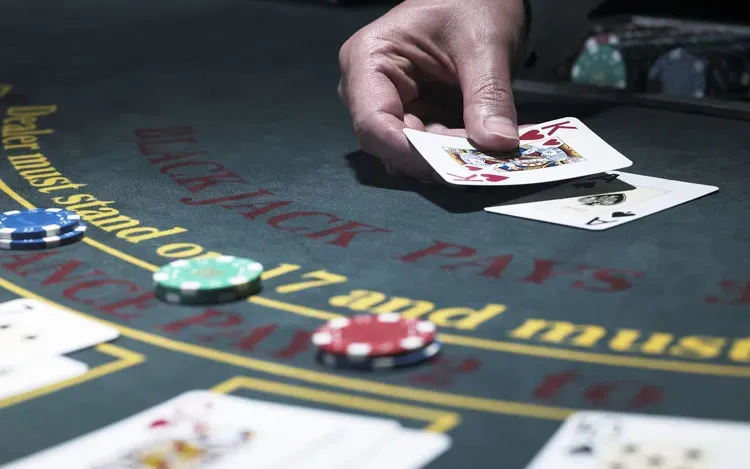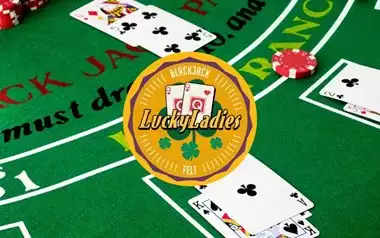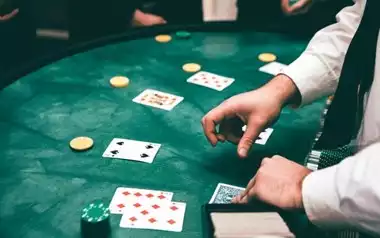Ever looked at a betting slip and wondered if it was written in code? You’re not alone. Understanding gambling odds is like reading a recipe with missing ingredients — confusing at best, costly at worst.
But crack the code, and you're halfway to making better bets. Let’s break down the maths and madness behind gambling odds. Nothing fancy. Just plain, solid advice with a touch of sense and sanity.
What Are Gambling Odds, Really?
Odds are the bookmaker’s way of telling you two things: how likely an outcome is, and how much money you’ll win if it happens. Simple, right? In theory, yes. In practice, it’s easy to get tangled.
Odds aren’t just numbers. They’re opinion wrapped in arithmetic. Bookies don’t just copy the weather report — they study past games, player form, even crowd noise. Then, they slap a price on every outcome.
If you’ve ever backed a horse because it "felt lucky," you’ve already taken a punt on probability — just without the maths.
Our recommended online gambling sites.
Fractional vs Decimal Odds
Odds usually come in two styles: fractional (like 5/1) or decimal (like 6.00). They say the same thing in different accents.
- Fractional Odds (UK style) 5/1 means you win £5 for every £1 you bet. Plus, you get your £1 back. Easy: £10 bet at 5/1 = £50 profit + £10 stake = £60 total return.
- Decimal Odds (European style) 6.00 means the total payout is six times your bet. So a £10 stake returns £60 (profit + stake together). Not harder — just different.
Top gambling sites often let you toggle between these formats. Use whichever makes sense to your head.
The Bookmaker’s Edge: The Overround
Here’s a cheeky truth: bookies build in a margin. It’s how they keep the lights on and the drinks cold.
In a perfect world, total probability of all outcomes adds up to 100%. But bookmakers add a few percentage points for themselves — this is called the overround.
Imagine a coin toss. Real odds are 50/50. Fair decimal odds would be 2.00. But the bookie might offer 1.91 each way. Why? Because those tiny slices of margin add up — in their favour.
So don’t just bet. Bet knowing the odds are never entirely even.
How Odds Reflect Probability
Odds aren’t just payouts. They’re clues. Convert them into percentages, and you’ll see what the bookmaker thinks the chance of something happening really is.
Here’s how:
- Decimal: 1 / Decimal Odds = Implied Probability
- Fractional: Denominator / (Numerator + Denominator) = Implied Probability
Example: Odds of 3.00 (decimal) imply a 33.3% chance. Odds of 2/1 (fractional) also mean 33.3%. It’s just maths in a hat.
This helps you see whether the bookie is being generous or stingy. It also helps spot value bets — where the true chance might be better than what’s offered.

How Odds Reflect Probability
Why Odds Move
Odds aren’t set in stone. They wobble. They shift. They dance around before kick-off. Why?
- Heavy betting on one outcome can cause odds to drop — bookies adjust to limit risk.
- News updates, like injuries or transfers, shake things up.
- Market competition between top gambling sites also plays a role.
Odds reflect more than just cold statistics. They mirror public opinion and bookie strategy.
The Myth of "Value"
Some punters chase “value” like it’s a golden goose. Here’s the thing — value exists, but it’s slippery. It’s when the odds on offer are better than the true chance of the outcome.
Let’s say you reckon a team has a 60% chance to win. That’s fair odds of 1.66. If a bookie offers 2.10, you’ve spotted value.
But here’s the kicker: your assumption has to be more accurate than theirs. Not easy when they’ve got decades of data, algorithms and a bloke called Gary who lives in spreadsheets.
Odds and Different Bet Types
Odds don’t change their behaviour, but the bet type affects what they apply to. Here’s a quick refresher:
- Singles: Straight bet on one event. Clean and simple.
- Accumulators: Multiple bets combined. All must win. Returns can be massive — but so are the risks.
- Each-Way: Two bets in one — to win and to place. Common in racing.
The odds tell you the payout, but how you bet changes the path to that payout.
Don’t Rely on Luck Alone
Let’s be honest — chance plays a big role. But blind betting is a shortcut to an empty wallet.
Study. Compare. Think. Use tools provided by top gambling sites — stats, form guides, betting previews. They’re there for a reason.
And remember, emotion is a terrible tipster. That hunch you’ve got about your favourite team? Yeah, the bookie priced that in already.
Trust Your Platform
Bet where the maths makes sense. Reputable sites show full odds breakdowns, fair market margins and offer tools like odds calculators and comparison charts.
Gambling Zone highlights top gambling sites with a proven record of fairness and transparency. Why play blindfolded when you can play informed?

Trust Your Platform
Understanding odds is like learning a second language — odd at first, but worth the effort. It sharpens your choices, keeps your bankroll healthy, and frankly, makes the whole thing more fun.
Odds don’t predict the future. But they do offer a glimpse into the game behind the game.
So next time you see 4/1 or 1.85, you won’t just see numbers — you’ll see opportunity. Sometimes, walking away is the smartest bet of all.
And remember: the house doesn’t always win. But it rarely loses without a plan.








